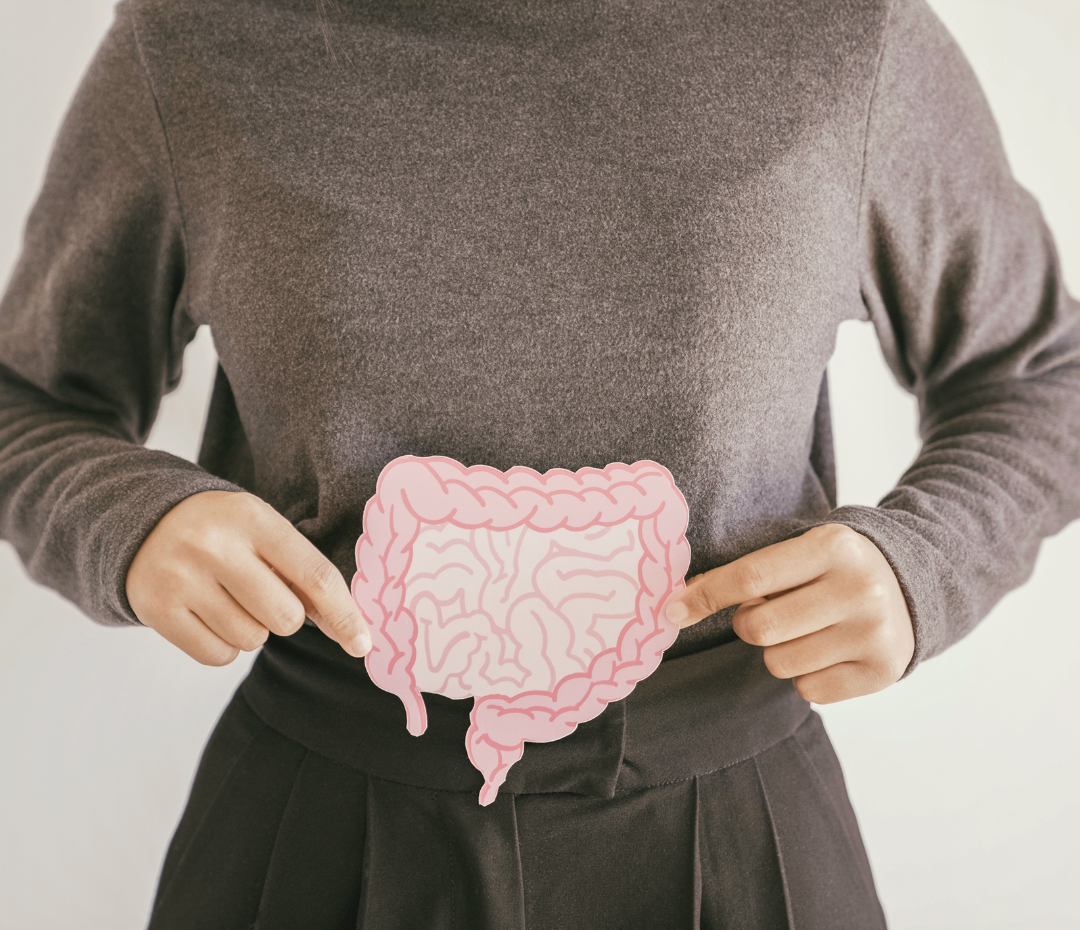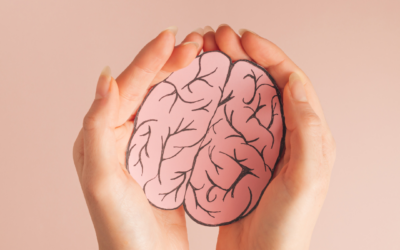A Naturopathic maxim says: “Death begins in the colon.”
I can not overstate the importance of good gut health. Like a mirror, much of what is happening inside our gut reflects what is happening outside.
The practical application of that maxim (as taught in my functional medicine training) is: “When in doubt, treat the gut.” This isn’t Las Vegas! What happens in the gut doesn’t stay in the gut.
What is happening in the gut affects everyone differently. There is no one-size-fits-all approach, and that bio-individuality (our genes, environment, and lifestyle) plays a huge role.
So, what exactly is gut dysbiosis?
Gut dysbiosis is an imbalance of gut bacteria. I think of it like this: you’ve got the good guys on one side (a.k.a microbiome) and the bad guys on another side (a.k.a yeast, parasites, H.pylori, and potential pathogens). What are they doing? They are constantly waging war on each other.
The good guys are trying to push the bad guys out — which is excellent, but the bad guys are trying to push out the good guys, too, which is not what we want to happen. So, when an imbalance occurs here, we call it Gut Dysbiosis.
Fun fact #1: the gut bacteria is established by age 3!
The bad guys can be a host of different things, like yeast, parasites, H. pylori, and potential pathogens. Many bacteria aren’t true pathogens but can become pathogenic if the conditions are right. I typically see that chronic stress suppresses the immune system, negatively impacting the adrenals. With this immune suppression, the “potential” bad guys become “true” bad guys, starting to stir up trouble.
And here’s an interesting thing: some patients I work with have terrible gut symptoms, like heartburn, constipation, bloating, or diarrhea. They’re all for gut testing and are usually happy to have some answers. Often, they’ve been to multiple doctors, and no cause for their symptoms has been found. It’s harder to convince my patients without overt gut symptoms of the importance of testing. However, dysbiosis can also cause skin rashes, joint pain, inflammation, mood disorders, and even resistant weight loss.
What causes dysbiosis?
I like to categorize Gut Dysbiosis into three types: (1) Loss of Beneficial Organisms( not enough good guys), (2) Excess Bacterial Growth (too many bad guys), and (3) Loss of diversity. Most people experience at least 1 of these to some degree in their lifetime.
The first thing that can cause gut dysbiosis is SAD, which stands for (Standard American Diet). Most of my patients do a good job improving their diets, but has this always been the case? Not for me.
Most likely, there has been a time when you didn’t eat so perfectly. Whether consuming heavily processed food, sugar, or refined vegetable oils, all three can lead to gut dysfunction and serve as fuel for the bad guys.
On the other hand, healthy and nourishing food, like high-quality, nutrient-dense proteins, healthy fats, and complex carbohydrates (think resistant starch), will fuel our body and fortify the good bacteria we need so our gut can thrive, not just survive. Remember that we also need to properly digest and absorb this healthy food as much as we need to eat it. (Stay tuned—more on this in a future post.)
Stress is another big cause of gut imbalance. This stems more from the adrenal glands. When they become dysregulated from chronic stress, they suppress the immune system, allowing these “potential” pathogens to cause problems.
What are the consequences of dysbiosis?
So, you have good bacteria but some bad guys, too. No big deal, right? Wrong! This can impact your health more than you think, especially if you continue to feed the harmful bacteria and avoid treatment.
Three consequences of gut dysbiosis include (1) inflammation, (2) immune suppression/activation, and (3) increased intestinal permeability.
Fun fact #2: 100 trillion (2 lbs worth) bacteria live in the gut.
How do I treat gut dysbiosis?
As a functional medicine practitioner, I take a whole-person approach. In the first three months of my program, I start by looking at the adrenal glands because, like I said earlier, poorly functioning adrenal glands usually if not always, affect gut health.
Once I’ve taken some time to fix issues like HPA-axis dysfunction (a.k.a adrenal fatigue), I move into the gut portion of the program, where the true gut healing can begin. I’ll usually design my treatment protocol with these three steps in mind: (1) Remove, (2) Replace, and (3) Replenish.
Remember that good bacteria are necessary and reasonable for us. Without them, our gut, brain, and many other body parts would not function optimally. A good balance of bacteria is called symbiosis (the opposite of dysbiosis), a mutually beneficial relationship between you and the gut bacteria.
Fun fact #3: 70% of the immune system is in our gut.
If you suspect you may have Gut Dysbiosis, The Gut Restoration is for you. This program will test and optimize your gut health. We’ll kill the bad guys, support the good guys, and fortify the gut lining.
Getting the gut bugs right is a key factor in creating optimal health. Additionally, I am always up for the challenge if someone tries to solve a long-term issue but feels like giving up because they can’t pinpoint the root cause. You are not alone and deserve to find answers and feel your best again.
You’ve got this!
Dr. Libby




